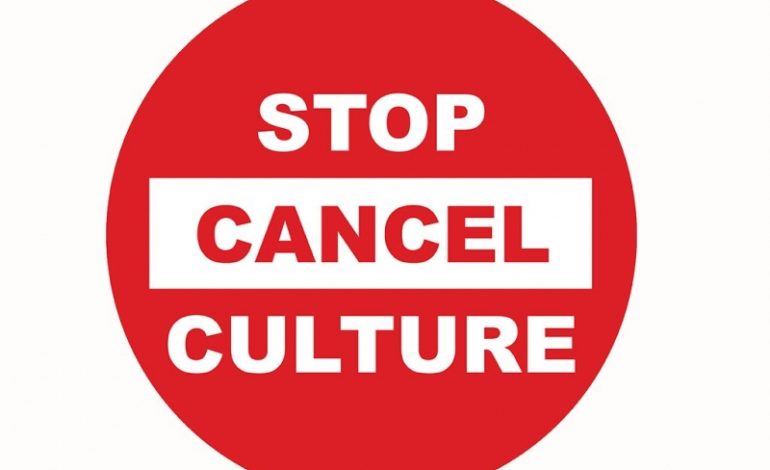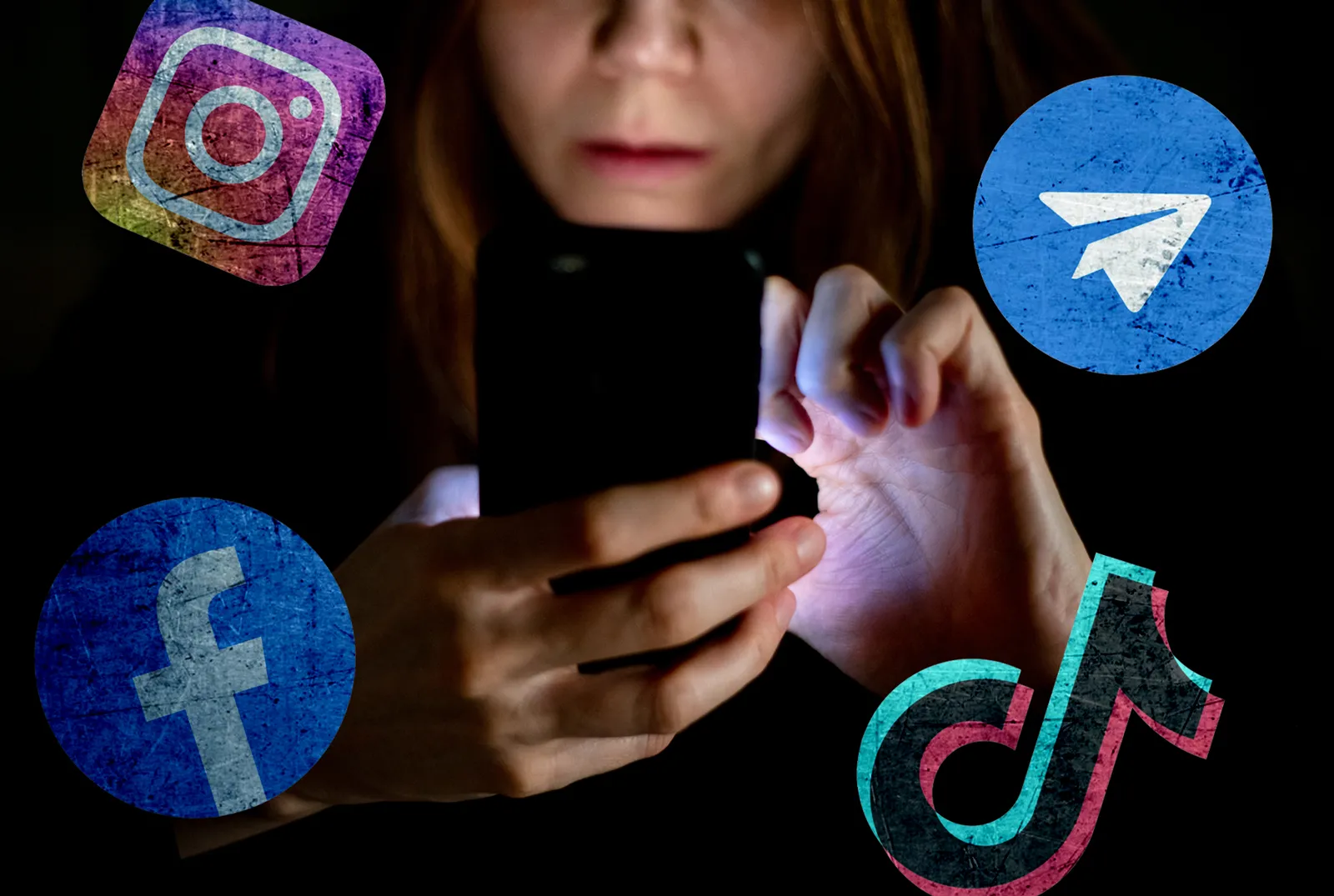Cancel Culture vs Accountability: Where Do We Draw the Line?

Is calling someone out online a step toward justice, or are we setting the stage for lasting damage? Cancel culture and accountability have sparked countless debates, dividing opinions on everything from public figures’ actions to the expectations we place on everyday people. On one hand, accountability is essential for addressing harm and creating meaningful change. On the other, the rise of cancel culture raises questions about whether some judgments go too far, leaving little room for growth or redemption.
Where do we draw the line between holding someone accountable and shutting them down entirely? This blog dives into the gray areas, exploring how we can balance justice with compassion, responsibility with forgiveness. By unpacking these complex ideas, we’ll challenge ourselves to rethink how we approach public discourse and learn to separate accountability from the punitive extremes of cancel culture.
For more insights on leadership and fostering positive change, check out The Role of Women Leadership in Organizational Culture.

What Is Cancel Culture and How Did It Begin?
Cancel culture refers to the act of withdrawing support or calling for consequences when individuals, businesses, or public figures are perceived to have acted or spoken inappropriately. It usually happens on social media, where public criticism can quickly escalate, leading to boycotts, firings, or public apologies.
The concept comes from the practice of “canceling” in Black Twitter during the early 2010s, used as a way to highlight harmful behavior. Over time, it expanded to the mainstream, fueled by the arrival of social platforms like Twitter and Facebook. These platforms amplified voices and made it easier for collective action against perceived wrongdoings. High-profile incidents, such as controversies involving celebrities or companies, brought cancel culture widespread attention.
While its roots lie in the idea of accountability, cancel culture has evolved into a polarizing phenomenon. Some see it as a tool for social justice, while others criticize it as overly punitive or reactionary. Understanding its origins helps frame the ongoing debate about how society addresses harm and encourages change.
The Personal Impact of Being “Cancelled”
Being “cancelled” can take a heavy toll on a person’s life, often triggering a number of emotional, professional, and social consequences. On an emotional level, individuals may experience feelings of shame, anxiety, and isolation as they deal with public backlash. The sheer intensity of online criticism can lead to mental health struggles, including depression or burnout.
Professionally, cancelation can threaten reputations and careers. For public figures, endorsements, collaborations, or roles may be lost swiftly. For everyday individuals, it might mean strained workplace dynamics or loss of employment altogether. The rapid spread of cancel culture online often makes it difficult for someone to explain, apologize, or defend themselves, leaving little room for resolution.
Socially, relationships can suffer as friends, colleagues, or even family distance themselves to avoid association with controversy. This fear of ostracism creates a profound sense of isolation.
While cancel culture often arises in response to harm, its impact on individuals underscores the need to balance accountability with empathy, allowing space for understanding, growth, and eventual reintegration into society.
Steps Toward Building a Culture of Growth and Forgiveness
Creating a culture that values growth and forgiveness starts with promoting open conversations. Encouraging meaningful dialogue allows individuals to understand the harm caused and the context of their actions, laying the groundwork for accountability. Active listening, rather than immediate judgment, can shift discussions from punitive to productive.
Education is another crucial step. By teaching empathy, cultural sensitivity, and conflict resolution, we equip people with the tools to approach mistakes thoughtfully. Schools, workplaces, and even social platforms can play a role in promoting these values.
Equally important is offering second chances. Acknowledging wrongdoing is vital, but so is providing opportunities for redemption. Constructive actions, like apologies, community service, or taking steps to learn and grow, should be recognized and encouraged.
Lastly, as a society, we must set boundaries for online discourse. Moving away from mob mentality and fostering measured, respectful criticism helps create an environment where learning and forgiveness are possible. By combining accountability with sympathy, we can evolve into a community that values progress over punishment.
Conclusion
Striking the balance between accountability and cancel culture is complex, but essential. By promoting open dialogue, empathy, and opportunities for growth, we can hold people accountable without dismissing their potential to change. Together, we can create a society rooted in compassion and progress, where mistakes become lessons rather than lasting scars.
For more on how society can evolve and improve, check out other insightful society articles.






